Announcing New ENACT Faculty Fellows in Arizona, Arkansas, California, Kansas, Kentucky, Louisiana, New Jersey, Oklahoma, Tennessee, Texas and Nevada
March 13, 2025
ENACT is excited to announce Cohort Four of the ENACT Faculty Fellowship: Neal Allen (Wichita State University, Kansas), Douglas Cantor (Rutgers University - New Brunswick, New Jersey), Brian Dille (Mesa Community College, Arizona), Holly Foster (Texas A&M University, Texas), Keesha Greer-Effs (Berea College, Kentucky), Austin Harrison (Rhodes College, Tennessee), Daniella Mascarenhas (Xavier University of Louisiana), Jamie Palmer-Asemota (Nevada State University), Shawnika Perdue-Johnson (Pitzer College, California), Delphia Shanks (Hendrix College, Arkansas), and Emily Stacey (Rose State College, Oklahoma). Read more about them below.
They join a national network of professors at colleges and universities across the United States teaching experiential courses based on the ENACT model. In those courses students engage directly in the state legislative process. Students learn to be active participants in democratic processes through connecting with policymakers and community organizations; conducting research and analysis; and informing public policy with evidence and expertise.
“We are looking forward to welcoming these accomplished educators into our growing national network,” says ENACT Director Melissa Stimell. “Each brings expertise and perspectives that will further enrich the ENACT experience for undergraduates across the United States.”
The fourth cohort of ENACT Faculty Fellows will attend a workshop hosted by Brandeis University in May, where they will be joined by experienced ENACT Faculty Fellows, program staff, and guest speakers. ENACT Fellows and their students will also have full access to the online ENACT network.
ENACT Faculty Fellowship Cohort Four
Neal Allen - Associate Professor of Political Science
Wichita State University, Kansas
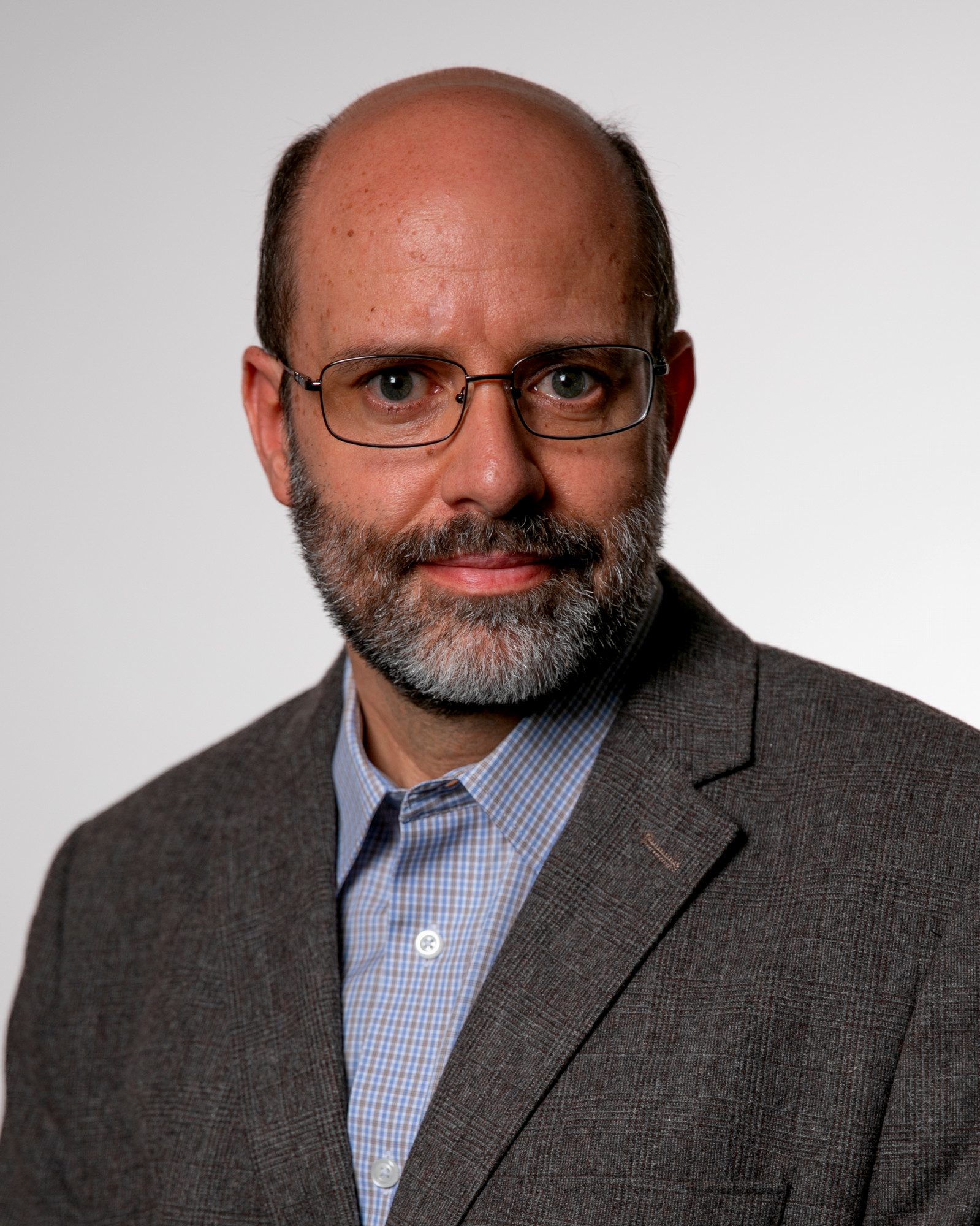
Neal Allen specializes in American politics in the Department of Political Science at Wichita State University, with a Ph.D. in Political Science from the University of Texas in Austin. He publishes scholarship about racial politics in the 1960s, using letters written to legislators about civil rights legislation. Allen is a frequent media commentor about Kansas and national politics, and has been interviewed by National Public Radio, Fox News Channel, PBS News Hour, The Financial Times, and The Wall Street Journal. At Wichita State he teaches about law and political institutions and coordinates undergraduate internship programs in Washington, D.C. and the state capital of Topeka.
Douglas Cantor - Assistant Teaching Professor of Political Science
Rutgers University – New Brunswick, New Jersey
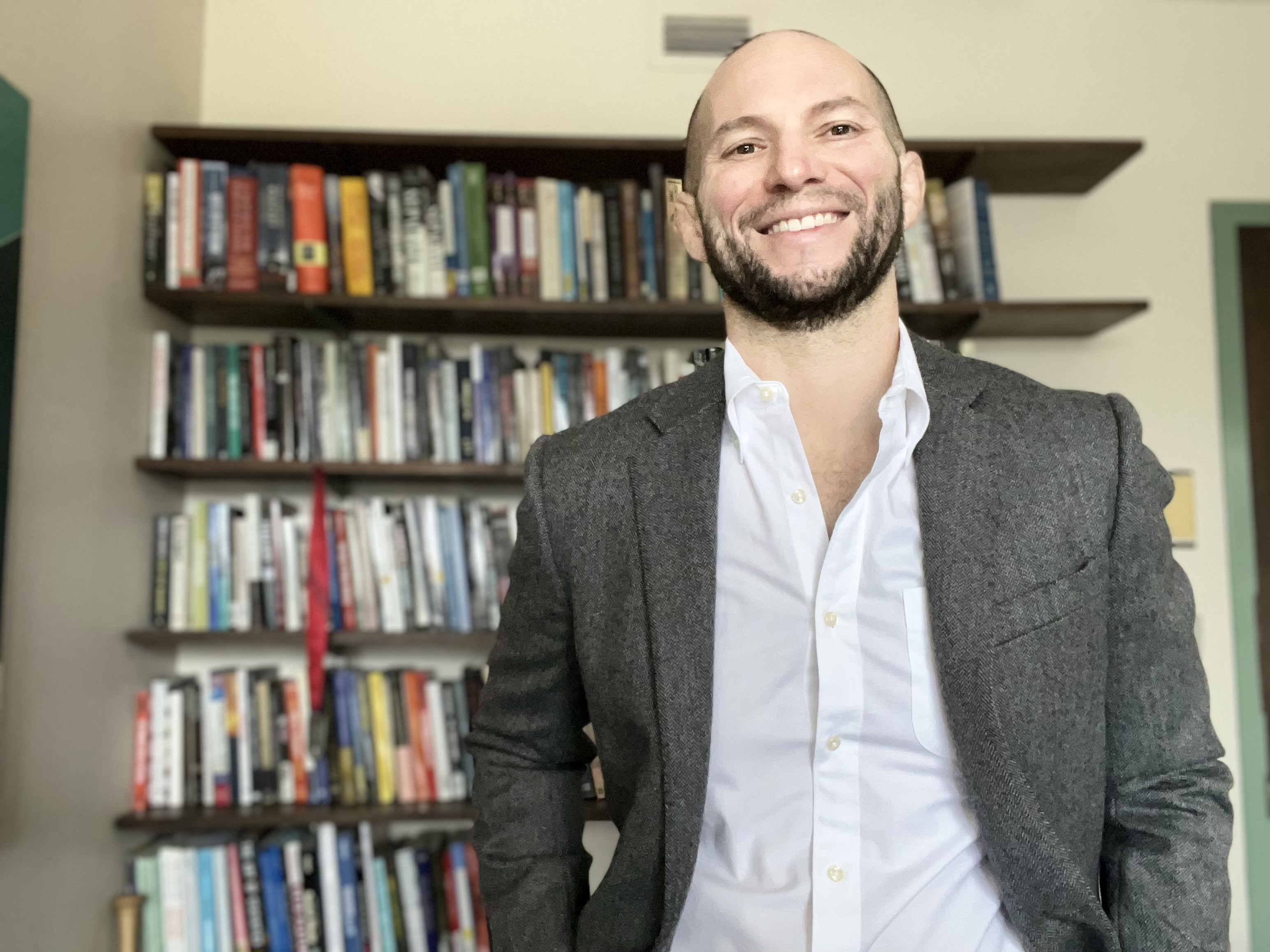 Douglas Cantor holds a Ph.D. from the University of Illinois at Chicago with specializations in Urban Politics, American Politics, and Public Law. He also holds a M.A. in Legal Studies from the University of Baltimore, a B.A. from Rutgers University in Political Science, and an A.A. in Journalism from Brookdale University. He has taught at Northern Illinois University, California State University – Long Beach, and Loyola Marymount University. Within the Public Law and Urban Politics realms, his research interests include municipal reform, water politics, privatization, and Constitutional law.
Douglas Cantor holds a Ph.D. from the University of Illinois at Chicago with specializations in Urban Politics, American Politics, and Public Law. He also holds a M.A. in Legal Studies from the University of Baltimore, a B.A. from Rutgers University in Political Science, and an A.A. in Journalism from Brookdale University. He has taught at Northern Illinois University, California State University – Long Beach, and Loyola Marymount University. Within the Public Law and Urban Politics realms, his research interests include municipal reform, water politics, privatization, and Constitutional law.
At Rutgers, Dr. Cantor’s course offerings include Law and Politics, Urban Politics, Law and
Society, Constitutional Law, Courts and Public Policy, as well as seminars on topics such as Water Politics and Housing Segregation. He also holds an appointment with the Honors College as an Affiliated Faculty Fellow, and several fellowships over the years with the Institute for Teaching, Innovation, and Inclusive Pedagogy at Rutgers.
His first book, Term Limits and the Modern Era of Municipal Reform, was published with
Routledge Publishing in the Spring of 2024. His next book, Pipe Dreams: The Politics of Lead and Water in U.S. Cities, is set to publish in early 2027.
Brian Dille - Residential Faculty, Political Science
Mesa Community College, Arizona
 After attending college at Brigham Young University in Utah, Brian Dille attended graduate school at Arizona State University. There he received a Ph.D. in Political Science, emphasizing the political psychology of foreign policy decision making. He has taught political science at Mesa Community College since 1999. In addition to teaching courses in international relations and American government, he directs the Model United Nations program and hosts a high school MUN conference every February. He published a textbook for Model UN, Engaging the United Nations, designed to be used by high school and community college students.
After attending college at Brigham Young University in Utah, Brian Dille attended graduate school at Arizona State University. There he received a Ph.D. in Political Science, emphasizing the political psychology of foreign policy decision making. He has taught political science at Mesa Community College since 1999. In addition to teaching courses in international relations and American government, he directs the Model United Nations program and hosts a high school MUN conference every February. He published a textbook for Model UN, Engaging the United Nations, designed to be used by high school and community college students.
Dr. Dille developed the Social Science portion of the ASU Fulton School of Education Teaching Foundations project (TFP). He co-directs the Arizona Civic Education Project with Katherine Douglas, which offers free teaching materials to Arizona educators.
Dr. Dille convened a working group of several civic organizations in Arizona, and together they developed Creating Community, a workforce development tool for use in industry and organizations. These modules teach how to develop soft skills, reach consensus, and have difficult conversations in difficult times. These resources are also found on the above URL.
He also published Arizona Voices, a digital textbook designed to supplement U.S. history and government high school courses with Arizona-specific content that meets the state Social Science Standards.
Holly Foster - Professor of Sociology
Texas A&M University, Texas
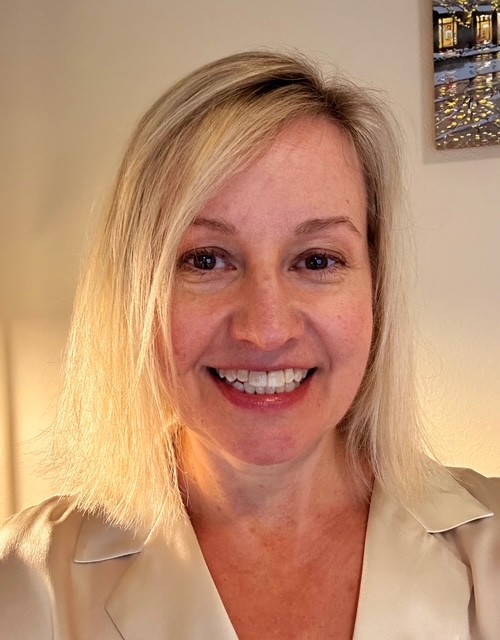 Holly Foster is a Professor of Sociology and Chancellor EDGES Fellow at Texas A&M University in College Station, Texas. She specializes in the study of parental contact with the socio-legal system and its intergenerational influences on children, using both quantitative and qualitative research methods. She teaches in the area of criminology within the sociology department. As a part of her ENACT Faculty Fellowship, she will focus on adapting her Gender & Crime course to better engage students in the state policy process and explore ways to more effectively address the needs of children with incarcerated parents.
Holly Foster is a Professor of Sociology and Chancellor EDGES Fellow at Texas A&M University in College Station, Texas. She specializes in the study of parental contact with the socio-legal system and its intergenerational influences on children, using both quantitative and qualitative research methods. She teaches in the area of criminology within the sociology department. As a part of her ENACT Faculty Fellowship, she will focus on adapting her Gender & Crime course to better engage students in the state policy process and explore ways to more effectively address the needs of children with incarcerated parents.
Keesha Greer-Effs - Visiting Assistant Professor of Education Studies
Berea College, Kentucky
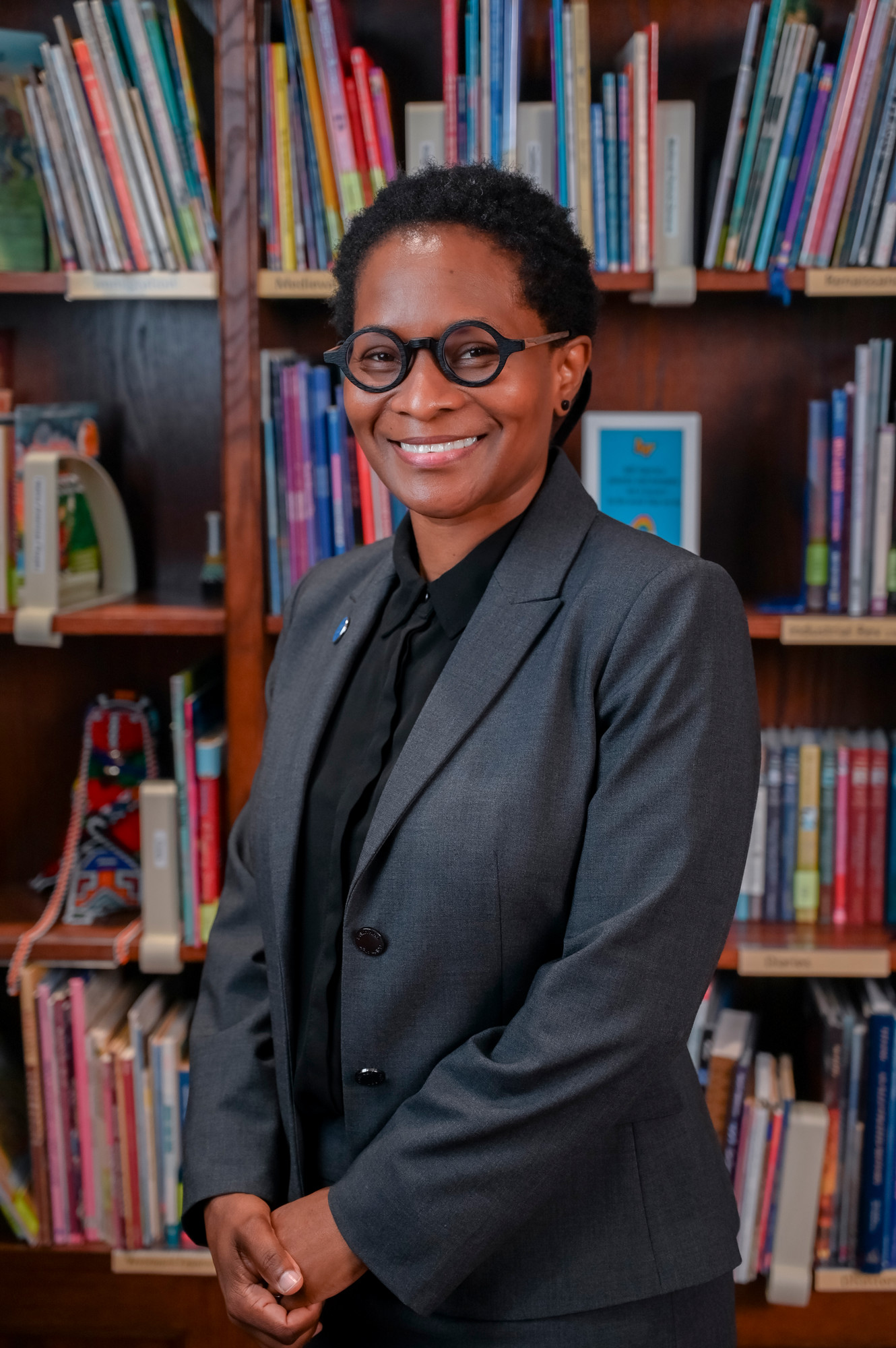 Dr. Keesha Greer-Effs, Ed.D., B.C.S.E. is a board-certified special educator and Visiting Assistant Professor of Education Studies at Berea College. With over 20 years of experience in education and international public health, her expertise includes behavioral health education, teacher training, peer education, youth-led advocacy, and parent/guardian engagement. She has served as a high school history and sociology teacher, special education specialist, Section 504 department chair, and community outreach and health educator.
Dr. Keesha Greer-Effs, Ed.D., B.C.S.E. is a board-certified special educator and Visiting Assistant Professor of Education Studies at Berea College. With over 20 years of experience in education and international public health, her expertise includes behavioral health education, teacher training, peer education, youth-led advocacy, and parent/guardian engagement. She has served as a high school history and sociology teacher, special education specialist, Section 504 department chair, and community outreach and health educator.
A 2016 Teach For America Memphis alumna, Dr. Greer-Effs is a former Jamaican Government Commonwealth Youth Ambassador and HIV/AIDS activist with international experience advocating for equitable access to healthcare and education for historically underserved and excluded communities.
Dr. Greer-Effs' research interest includes exclusionary discipline practices in public schools, accessibility, teacher preparation, and Applied Behavior Analysis (ABA) use to support children, particularly in early intervention, school-based behavior support, and skill development for youths with developmental disabilities.
Austin “A.T.” Harrison - Assistant Professor of Urban Studies
Rhodes College, Tennessee
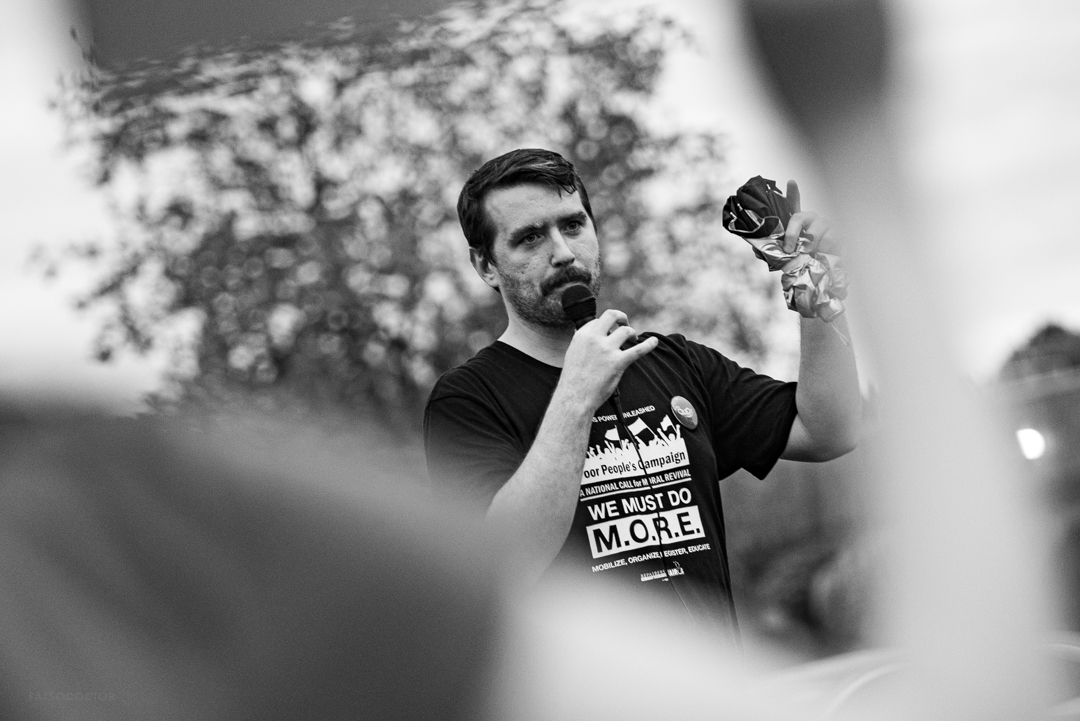 Austin Harrison received his Ph.D. in Urban Studies from Georgia State University, his M.P.A. from the University of Memphis and a B.A. in history from Mercer University. He is a trained community organizer, is actively organizing around housing issues in Memphis, and has over a decade of hands-on experience in the community development field.
Austin Harrison received his Ph.D. in Urban Studies from Georgia State University, his M.P.A. from the University of Memphis and a B.A. in history from Mercer University. He is a trained community organizer, is actively organizing around housing issues in Memphis, and has over a decade of hands-on experience in the community development field.
Dr. Harrison's research interests include neighborhood change, community development and organizing, housing policy, and structural decline. Previous work has been featured in Housing Policy Debate, the Journal of Urban Affairs, Housing Studies, Metropolitics and more.
He has collaborated with the Federal Reserve Bank, Center for Community Progress, the Consumer Federation of America, Enterprise Community Partners and the Joint Center for Housing Studies at Harvard University. Dr. Harrison also co-founded the Memphis Research 4 Action CoLab, a community engaged research collaborative in Memphis.
Daniella Mascarenhas- Assistant Professor of Political Science
Xavier University of Louisiana, Louisiana
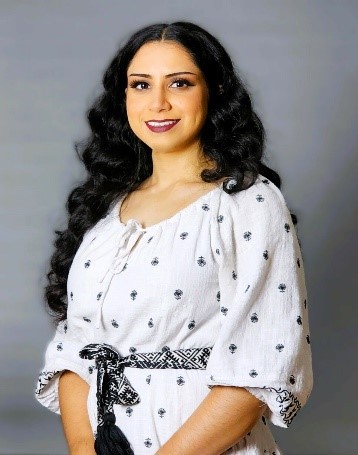 Dr. Daniella Mascarenhas is an Assistant Professor of Political Science at Xavier University of Louisiana. Her work is deeply rooted in civic engagement and democratic participation, dedicated to empowering marginalized communities through education and advocacy.
Dr. Daniella Mascarenhas is an Assistant Professor of Political Science at Xavier University of Louisiana. Her work is deeply rooted in civic engagement and democratic participation, dedicated to empowering marginalized communities through education and advocacy.
Mascarenhas' scholarship explores the concept of freedom and its intersection with civic engagement, examining how institutional, cultural, and economic structures impact democratic participation. Her interdisciplinary approach bridges political theory, community-based research, and participatory pedagogy.
In her teaching, Mascarenhas emphasizes experiential learning, ethical reflection, and democratic participation, preparing students to navigate and shape the political world as engaged citizens. Her commitment to inclusivity and academic rigor ensures that her courses reflect the diverse experiences and histories of her primarily Black and female college students.
Mascarenhas' civic engagement work extends beyond the classroom, bridging academic inquiry with active public participation. She has curated campus-wide events for Constitution Day, moderated local town halls, and participated in panels on urgent local policy issues. Her initiatives create democratic spaces where students, public officials, scholars, and community members engage as co-producers of political meaning and institutional change. She plans to introduce a new course, Advocacy and Ethics in State and Local Policy, providing students with hands-on experience in designing advocacy projects and engaging with Louisiana legislators.
Jamie Palmer-Asemota - Associate Professor of History, Law, and Society
Nevada State University, Nevada
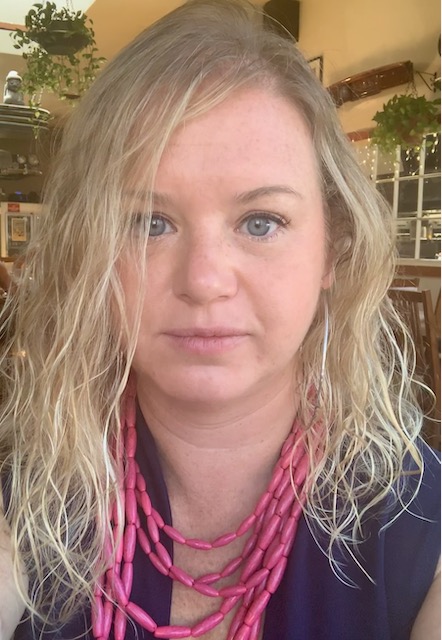 Jamie L. Palmer-Asemota earned a Ph.D. in Sociology from the University of Georgia. Dr. Palmer-Asemota’s research analyzes educational inequities with a focus on policy and practice. Her research has been featured in the Journal of Men and Masculinities, Journal of Student Affairs Research and Practice, Journal of International Sociology, and KNPR Las Vegas.
Jamie L. Palmer-Asemota earned a Ph.D. in Sociology from the University of Georgia. Dr. Palmer-Asemota’s research analyzes educational inequities with a focus on policy and practice. Her research has been featured in the Journal of Men and Masculinities, Journal of Student Affairs Research and Practice, Journal of International Sociology, and KNPR Las Vegas.
Shawnika Perdue-Johnson - Assistant Professor of Environmental Analysis
Pitzer College, California
 Dr. Shawnika Perdue-Johnson holds a Ph.D. in Politics and Government with an emphasis in environmental justice, public policy, and gender studies from Claremont Graduate University (CGU). She also holds a Master of Arts in Applied Women and Gender Studies from CGU, a Master of Urban and Regional Planning from California State Polytechnic University, Pomona, and a Bachelor of Science in Health Science from California State University, Long Beach.
Dr. Shawnika Perdue-Johnson holds a Ph.D. in Politics and Government with an emphasis in environmental justice, public policy, and gender studies from Claremont Graduate University (CGU). She also holds a Master of Arts in Applied Women and Gender Studies from CGU, a Master of Urban and Regional Planning from California State Polytechnic University, Pomona, and a Bachelor of Science in Health Science from California State University, Long Beach.
An interdisciplinary scholar of women and politics, environmental justice, and comparative politics who studies its impact at the intersection of race, class, and gender, Dr. Perdue-Johnson’s research underscores the collective roles of scholars, government, legislators, practitioners, community leaders, and advocates in balancing the scales of equity and justice. Her research on legislative policy employs qualitative and quantitative research methods to explore how the intersectionality of race, class, and gender influence Georgia legislators’ sponsorship of environmental and social justice public policies.
Dr. Perdue-Johnson teaches interdisciplinary courses in environmental justice and women, politics and the environment. She is also the founder of Innovative Planning, an environmental policy, environmental justice, land use policy, consulting firm. Her academic and community-based work centers community engagement in urban planning, social justice and environmental policy analyses to create equitable and sustainable communities where all those situated along the spectrum of privilege can thrive and influence public policy.
Delphia Shanks - Associate Professor of Politics
Hendrix College, Arkansas
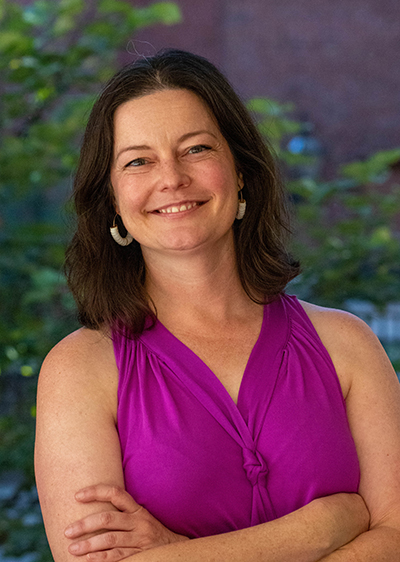 Delphia Shanks earned a B.A. in Sociology from Grinnell College and both an M.A. in Policy Analysis and Management and a Ph.D. in Government from Cornell University, and enjoys a multifaceted career as a professor, scholar, and advocate.
Delphia Shanks earned a B.A. in Sociology from Grinnell College and both an M.A. in Policy Analysis and Management and a Ph.D. in Government from Cornell University, and enjoys a multifaceted career as a professor, scholar, and advocate.
At Hendrix College, Dr. Shanks teaches classes on civil society and nonprofits, race and class, the carceral state, public policy, inequality, and research methods. She is also a trained instructor through the Inside-Out Prison Exchange Program and teaches a yearly Inside-Out course at Wrightsville Correctional Facility.
Emily Stacey - Professor of Political Science
Rose State College, Oklahoma
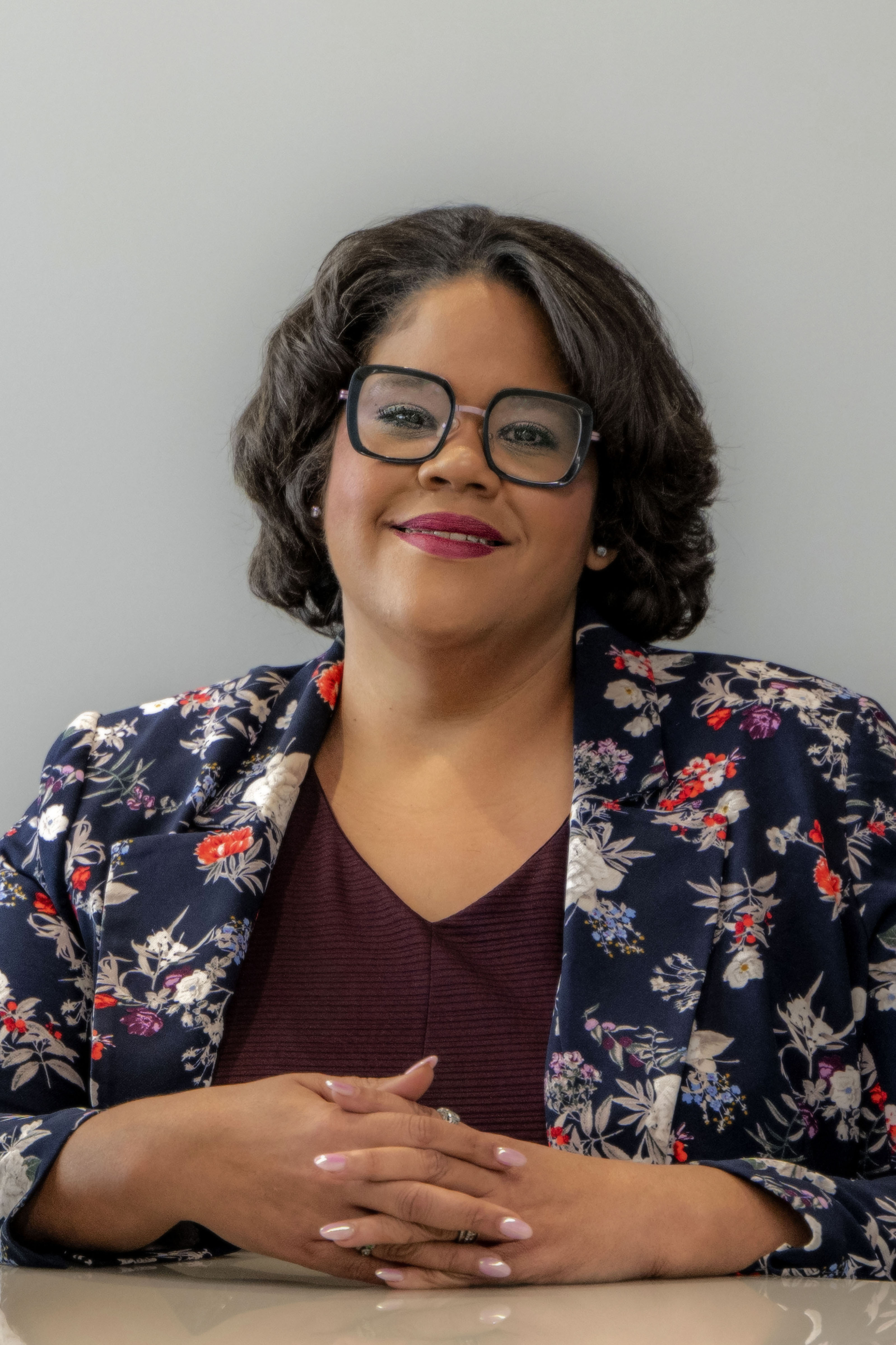 Emily Stacey is a political science professor and Program Coordinator for Political Science at Rose State College, where she has coordinated the Conversations on Campus panel series, Liberal Arts and Sciences colloquia, the Political Science book club, and other events. Dr. Stacey was honored as a DaVinci Institute Fellow in 2023, an award given for innovative teaching in higher education.
Emily Stacey is a political science professor and Program Coordinator for Political Science at Rose State College, where she has coordinated the Conversations on Campus panel series, Liberal Arts and Sciences colloquia, the Political Science book club, and other events. Dr. Stacey was honored as a DaVinci Institute Fellow in 2023, an award given for innovative teaching in higher education.
She is dedicated to civic engagement and political discourse and has partnered with a multitude of incredible organizations working in that space, including Unify America, Project Pericles, ALL IN, Campus Compact, and the Oklahoma Civic Learning Coalition.
Dr. Stacey established ‘Advocacy Day’ on the campus of Rose State College in April 2021, an event that is focused on bringing legislators, political media, advocacy and nonprofit groups to campus to bring awareness to causes and teach the campus community how to best advocate for themselves and the issues they care about. It has since developed into a partnership with the OK Civic Learning Coalition to host CivicsCon and reach a statewide audience.
Dr. Stacey holds a doctorate from Swansea University (Wales, UK). Her published works include Combatting Internet-Enabled Terrorism (2017) and Nationalism, Social Movements, and Activism in Contemporary Society (2018), Dr. Stacey’s most recent work focuses on deglobalization and the shifting world order.